Building a Culture of Feedback
Mrs. Lakshmi Mohan

Building a Culture of Feedback
Mrs. Lakshmi Mohan
Feedback plays a critical role in student learning and progress. Feedback delivered in a meaningful way can greatly enhance student learning and achievement. According to educational researcher John Hattie, providing specific and timely feedback is one of the most important things teachers can do for their students. However, it is very important that this feedback is provided in a manner that allows students to take ownership of their learning and equips them with strategies to progress learning.


The feedback loop in learning is a cause-effect sequence where data is responded to and used to inform future decisions in the teaching and learning cycle. Both the educator and the learner have key roles to play in this cycle.
Feedback loops keep students moving towards higher levels of academic achievement. For feedback loops to be successful, they should be goal-oriented, specific, timely and allow opportunities for improvement and self-reflection.
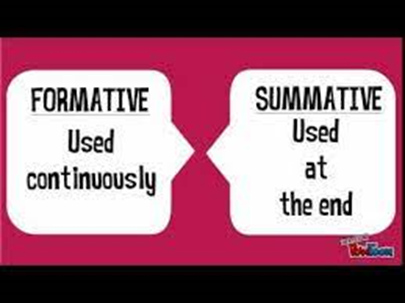

Assessments that students engage in can be broadly classified into two types: Summative and Formative. Summative assessment can be viewed as "the assessment of learning" and is usually administered at the end of a unit of work to test what has been learnt.
On the other hand, formative assessment can be viewed as "assessment for learning" and occurs throughout the learning journey. Assessment for learning is teacher-driven and monitored, and guides both the student and teacher on how to adjust the learning and teaching to optimise outcomes. Formative assessment can take several forms, including student exit tickets, in-class quizzes, small group discussions, drafting and individual student conferencing.
Another critical aspect of formative assessment is "assessment as learning". This is similar to assessment for learning in that it happens all along the learning journey; however, the main difference is that it is student-driven. Students identify their strengths and weaknesses, which enables them to adjust their future learning. This could be done through checklists, goal setting sheets, peer discussion, etc.
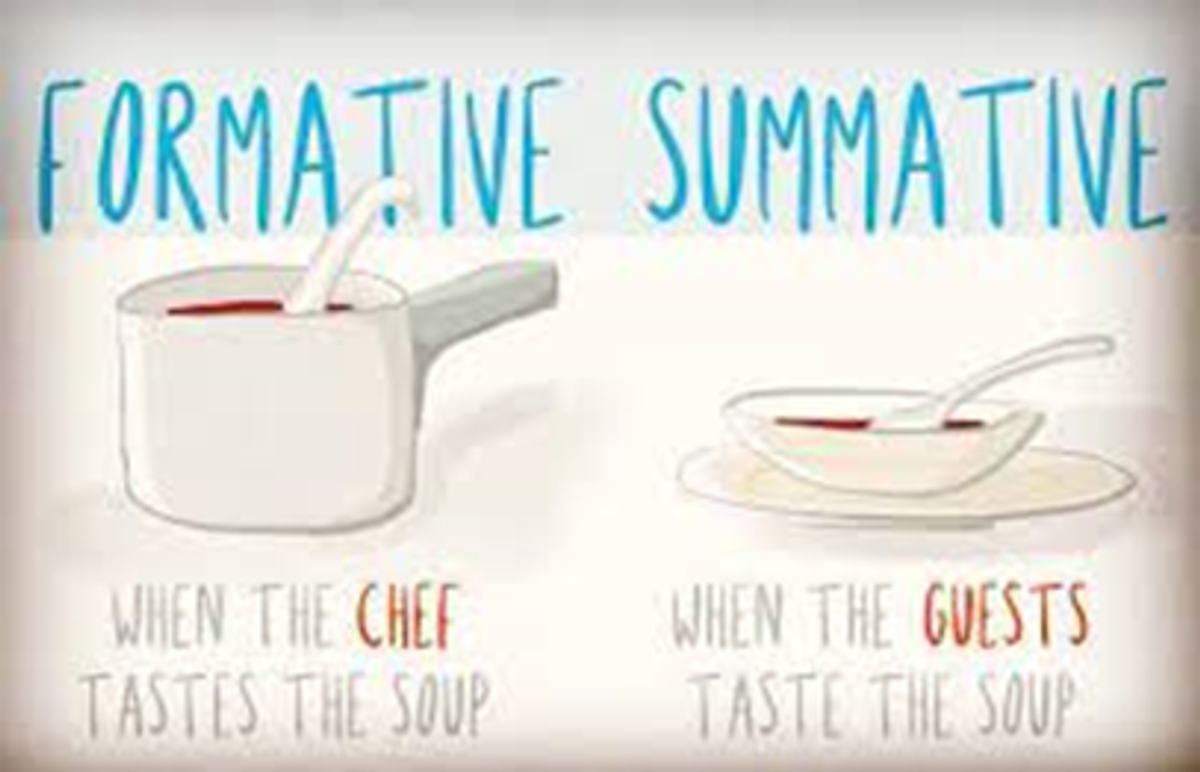

An analogy would be to view formative assessment as when the chef tastes the soup and summative assessment as when the guests taste the soup. By the time we get to summative assessment, it should be students showing us what they know. However, prior to this, they should have had many opportunities for taste testing and decision making. Through formative assessment, students have opportunities to learn from their mistakes. With teacher support, we want students assessing themselves along the way so that they start to build a toolbox of strategies to draw upon to enhance learning outcomes.
There has been a lot of research around the use of frequent formative assessment and the opportunities it creates for feedback. Dylan Williams, in his book Embedded Formative Assessment, provides a number of strategies that are core to successful formative assessment practice in the classroom. One of these is providing feedback that moves learning forward. To accomplish this, teachers must work with students to provide them with the information they need to better understand problems and solutions. Feedback is only successful if students’ learning improves.
As educators, it is our goal to build resilient learners who can take agency for their learning. We want students to actively seek out and act upon feedback, eventually becoming self-directed learners who are able to self-monitor, self-assess and self-adjust.
John Hattie, Nancy Frey and Douglas Fisher, in their book: Developing Assessment- Capable Visible Learners, talk about students being "assessment capable". This refers to students' self-regulating and self-navigating assessment that comes their way.
This includes:
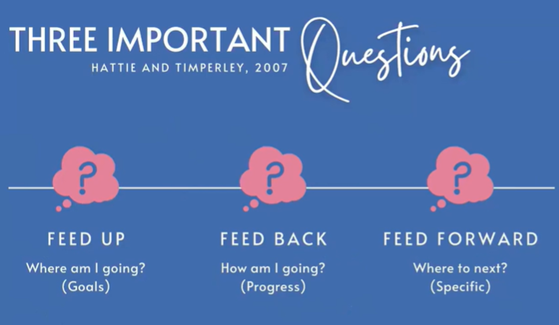

According to Hattie, good quality feedback is highly impactful. However, when we say feedback, we are not focussing on feedback on its own.
There are three aspects we are focussing on: Feed Up, Feed Back and Feed Forward, and the interconnection between them.
Feeding up is to ensure that students know where they are going and what their goals are. This is most powerful if students have a part in determining their goals. Feeding back focuses on answering the question: "how am I going?" and feeding forward leads on to "where to next?" Good feedback should feedforward and suggest actions students can actually take to improve.
At Clayfield College, we are committed to providing our students with many opportunities to engage in formative assessment and receive feedback that is focussed and targeted. Our teaching staff regularly embed formative assessment and feedback as part of their current classroom practice and are committed to further upskilling themselves in this area.


On Thursday 10 March, teachers engaged in a Twilight Professional Development session. This was the first of a number of Professional Learning sessions to follow through the year. This Inaugural "Sunflower Session" was presented by Tonya Gilchrist.
Tonya is an international learning strategist who specialises in working with schools across the world to amplify inquiry and honour agency for deep learning. Tonya works with schools to design Professional Learning sessions that cater to their individual contexts and needs. As sunflowers all turn in unison towards the sun, the "Sunflower Time" allowed staff across both Primary and Secondary Schools to come together with cohesion to collaborate and create a common and clear vision for assessment and feedback. This session allowed staff to engage in robust discussions, partake in professional conversations and share their expertise with one another.
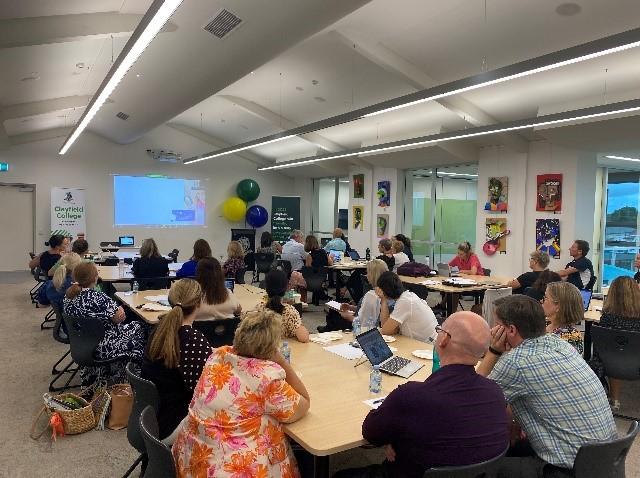
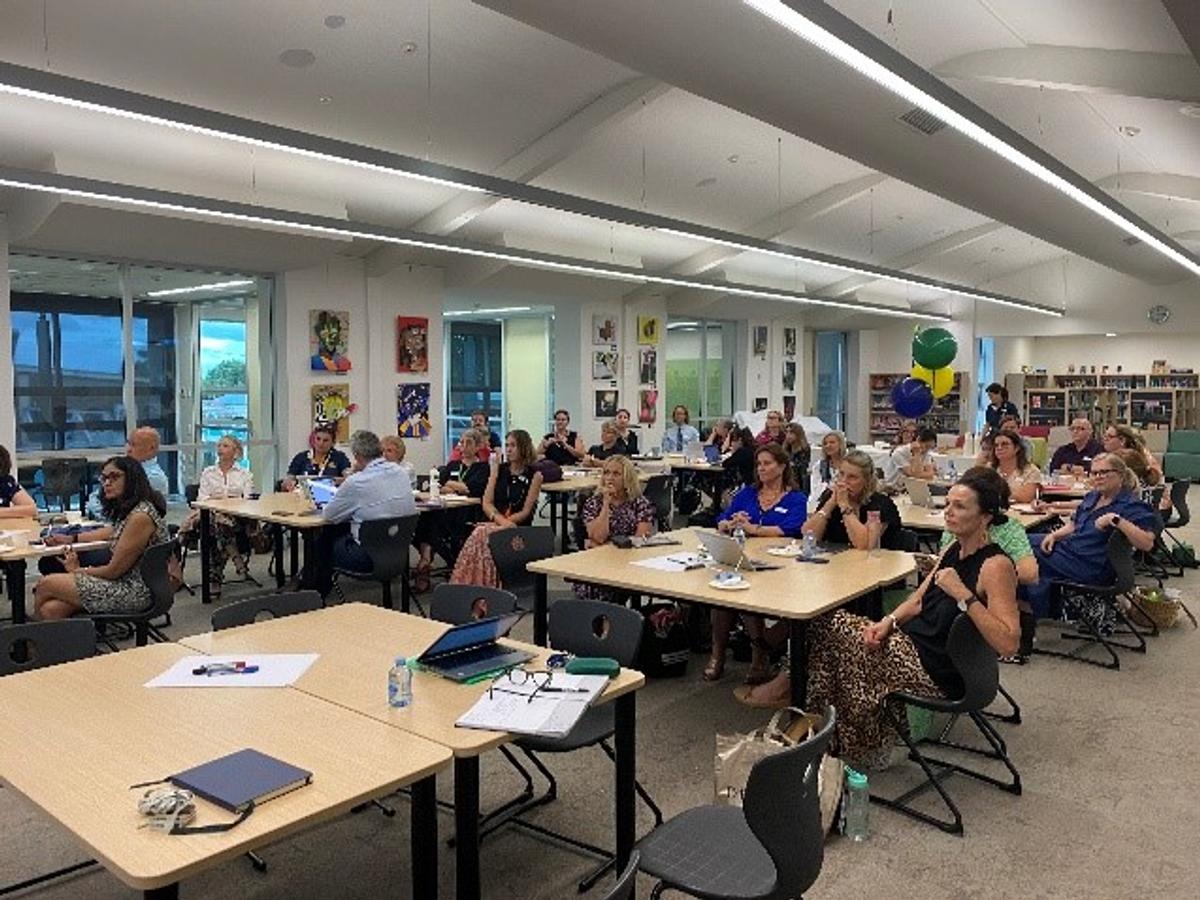
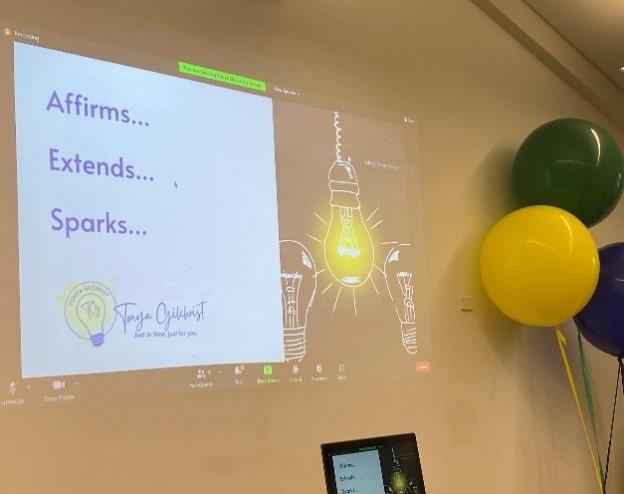

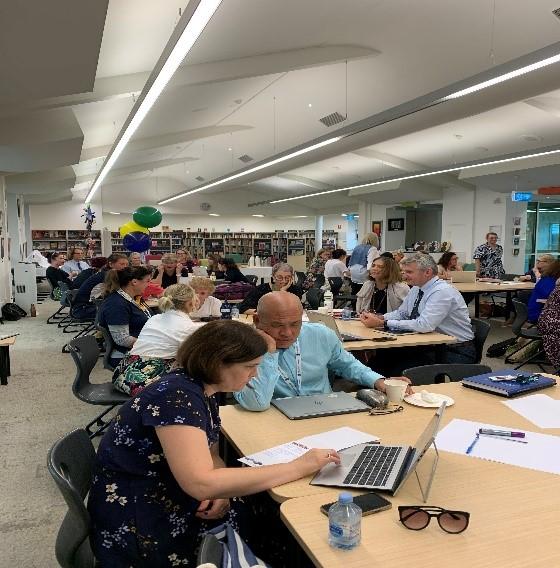
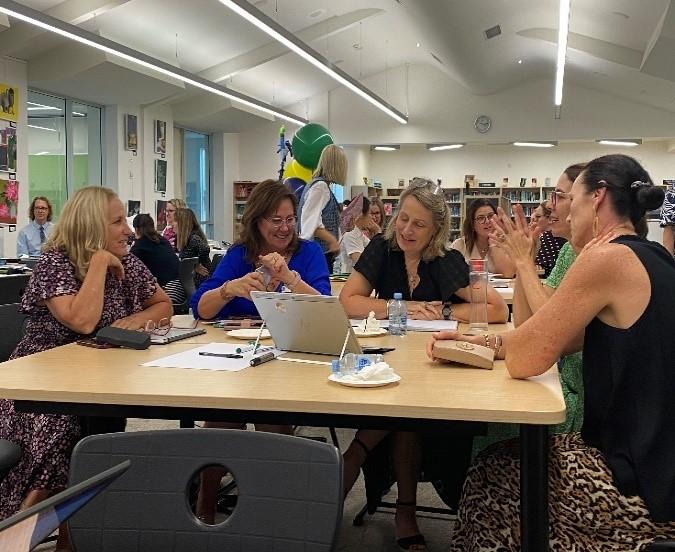






We aim to inculcate in our students a positive culture of welcoming and acting on feedback. We want to produce resilient learners who value mistakes as opportunities for further learning. We want to instil in them a mindset that learning is a journey and every mistake is an opportunity that teaches us what to do next. As educators, we look forward to navigating this journey alongside our students.